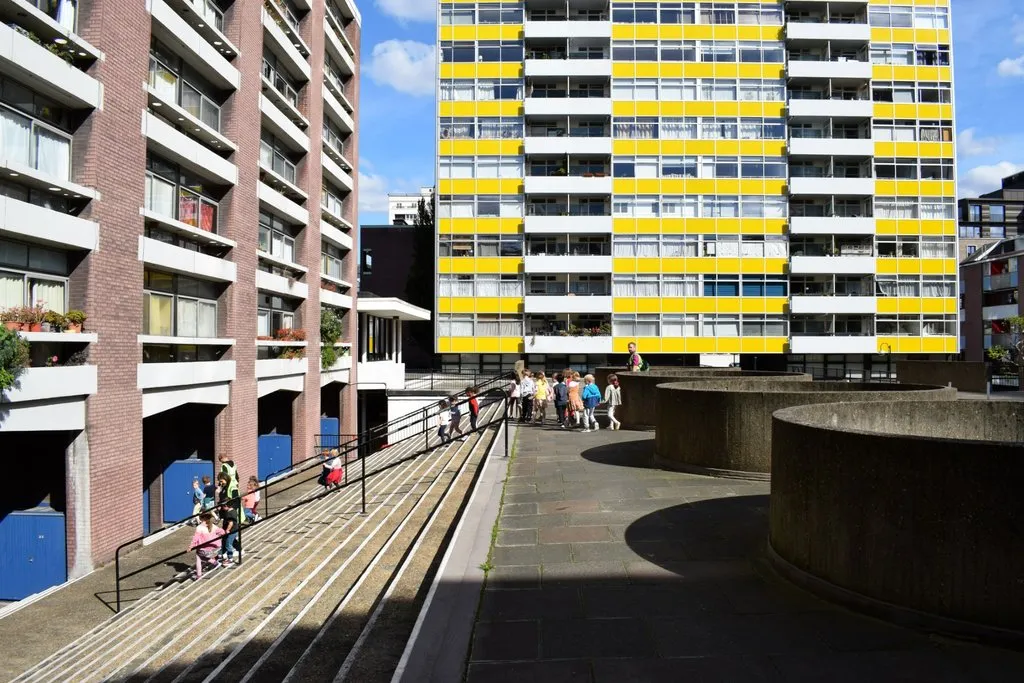
In an extraordinary move this weekend, the UK government took control of the last blast furnace facility still producing steel from scratch on British soil, stepping in to prevent its closure by Chinese owners Jingye Group. The Scunthorpe plant, which employs around 3,000 people, had been on the brink of shutdown after Jingye cancelled key orders for raw materials needed to keep the furnaces running.
The government’s decision came after an emergency Saturday sitting of Parliament, only the sixth such session since the Second World War, where MPs passed a new law allowing Business Secretary Jonathan Reynolds to direct operations at British Steel. The legislation gives him powers to ensure workers are paid, raw materials are delivered, and the furnaces stay operational. It’s a lifeline for the town of Scunthorpe and a significant moment for the UK’s manufacturing future.
The move follows mounting concern over Jingye’s decision to halt iron pellet shipments, a critical step that would have made restarting the furnaces almost impossible. Once blast furnaces are cooled, they become extremely costly and technically challenging to bring back online.
“This wasn’t just about a single company,” Reynolds told the Commons.
“We could not, will not and never will stand idly by while heat seeps from the UK’s remaining blast furnaces.”
His comments were echoed by cross-party support, with MPs recognising that the loss of virgin steel production would leave Britain uniquely exposed among G7 nations, entirely dependent on foreign imports for high-grade steel.
Prime Minister Keir Starmer visited Scunthorpe straight after the vote to meet workers on site, praising them as “the backbone of British Steel.” Addressing employees, he added: “It’s your jobs, your lives, your communities, your families. That’s why we acted.”
There was visible relief in the town. At the Attis Arena, home of Scunthorpe United, known affectionately as “The Iron”, fans broke into cheers when a group of local steelworkers were welcomed onto the pitch during half-time.
While this intervention stops short of full nationalisation, it places the running of the plant under government control for now. Jingye still owns British Steel, having bought it in 2020, but it’s unclear how involved the company will be going forward. Ministers have warned that if the new legislation is breached, legal consequences may follow for the company and its leadership.
Jingye has cited high environmental costs and low market demand as the reason the site is losing an estimated £700,000 per day. Tensions were made worse by former US President Donald Trump’s recent decision to introduce a 25% tariff on imported steel, which has further complicated the export market.
The UK’s decision to intervene signals a rethinking of industrial strategy, one that looks beyond financial spreadsheets to consider long-term resilience. British steelmaking once led the world, and while the landscape has shifted, the strategic value of having domestic production remains high. Sectors like construction, defence, and transport rely on homegrown steel, and so does national security.
You can read more about the future of British industry and its impact on the UK by exploring our latest coverage at EyeOnLondon.
Follow us on:
Subscribe to our YouTube channel for the latest videos and updates!
We value your thoughts! Share your feedback and help us make EyeOnLondon even better!









